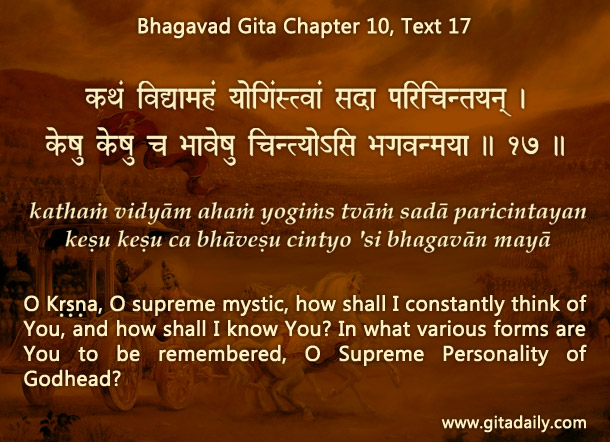Atheists sometimes argue, “Theists say that everything in nature is done by God. Accepting this explanation kills the curiosity that fuels scientific progress. For example, if Newton had just accepted that fruits fall because of God, he wouldn’t have enquired and discovered gravity.”
This argument misrepresents how theism shapes our view of nature. Suppose we were given a paper marked with what looks like scribbles. Would we take the trouble to check if the marks might be writings in some unfamiliar script? Only if we had reason to believe that those marks had come not by chance, but from an intelligent person.
Similarly, we would look for order in nature when we had reason to believe that nature has come not by chance, but by the arrangement of an intelligent being. Because Newton accepted this, he enquired about the material mechanism by which that divine arrangement was implemented. He famously said, “O Father, I think Thy thoughts after Thee.”
Though some theists may enquire only about God’s transcendental glory, not his arrangements for the world’s working, such indifference towards nature is not normative. Many theists are inspired to study nature, seeking to understand its mechanisms and how those mechanisms manifest his immanent glory.
The Bhagavad-gita too appreciates God’s immanence. After hearing that everything is sourced and sustained by God (10.10), Arjuna asks how God can be remembered while observing the material world (10.17). And the Gita responds by explaining how to see him in various attractive worldly manifestations (10.21-39).
In the Gita’s philosophically-grounded theistic worldview, God and material mechanisms are seen as complementary explanations for nature’s working – just as an intelligent author and rules of language are complementary explanations for the paper-marks. Indeed, appreciating God’s role in nature doesn’t suppress curiosity, but stimulates and spiritualizes it.
To know more about this verse, please click on the image
Explanation of article:
Podcast:


Leave A Comment